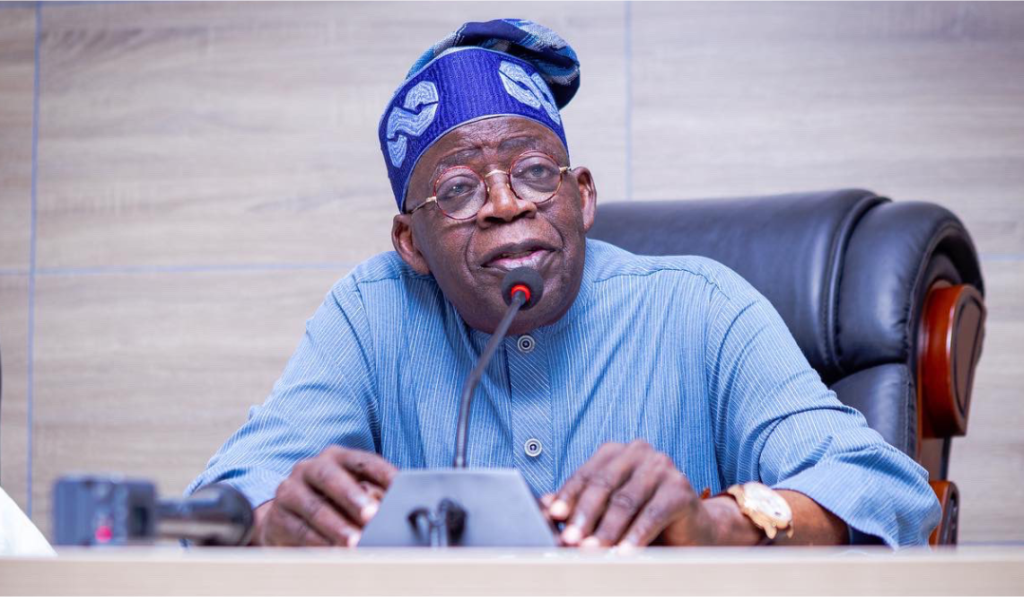The Nigerian Presidency has vehemently rebuked former Jigawa State Governor, Sule Lamido, for his recent assertions about President Bola Tinubu’s stance during the annulment of the June 12, 1993, presidential election. Lamido, during a televised interview, accused Tinubu of supporting the annulment orchestrated by then-military ruler, General Ibrahim Babangida. The Presidency, in a strongly worded statement, characterized Lamido’s claims as “false” and “revisionist,” amounting to a blatant distortion of historical events. They highlighted Tinubu’s unwavering commitment to democracy during that turbulent period, contrasting it with Lamido’s alleged acquiescence to military pressure. The Presidency underscored that Tinubu was a vocal critic of the annulment, both within the Senate and outside its walls, actively participating in pro-democracy movements while Lamido and other Social Democratic Party (SDP) leaders, including Tony Anenih, offered little resistance.
The Presidency’s rebuttal meticulously dismantled Lamido’s narrative. It categorically refuted the allegation that Tinubu’s mother, Alhaja Abibatu Mogaji, mobilized market women in support of the annulment. While acknowledging a past personal relationship between Mogaji and Babangida, the Presidency emphasized that this predated the election crisis and that Mogaji never endorsed the annulment, an act that would have jeopardized her standing as a market leader. Further, the Presidency provided evidence of Tinubu’s open condemnation of the annulment in the Senate chamber, quoting his words from the official record. Tinubu, then a Senator, described the annulment as a “coup d’état” and urged Nigerians to reject the injustice and lawlessness perpetrated by the military regime. This clear articulation of Tinubu’s position stands in stark contrast to Lamido’s portrayal of him as a supporter of the annulment.
The statement from the Presidency then delved into the post-annulment period, detailing Tinubu’s continued resistance to military rule. They recounted Tinubu’s presence alongside Abiola during a meeting with Abacha, highlighting his efforts to engage with the military in the hopes of restoring Abiola’s mandate. However, as Abacha’s intentions became clear, Tinubu joined forces with other pro-democracy activists. The Presidency described Tinubu’s arrest and detention following Abacha’s coup, along with other senators who defied the junta by reconvening in Lagos. Even while in detention, Tinubu continued to financially support pro-June 12 protests, demonstrating his unwavering commitment to the cause.
The formation of the National Democratic Coalition (NADECO) marked another significant chapter in the struggle for democracy, and the Presidency emphasized Tinubu’s prominent role within this organization. While Lamido acknowledged Tinubu’s involvement in NADECO, the Presidency criticized him for attempting to downplay its significance. They underscored Tinubu’s substantial contributions to sustaining the pro-democracy movement, both financially and through his active participation. The Presidency highlighted Tinubu’s support for various pro-democracy groups, including Professor Wole Soyinka’s NALICON, providing material resources to fuel the struggle. They contrasted this with Lamido’s alleged dealings with the Abacha regime, painting a picture of Tinubu as a steadfast champion of democracy and Lamido as someone who compromised his principles.
The Presidency further underscored the personal risks Tinubu undertook in his fight for democracy, recalling how he was forced into exile following Abiola’s arrest and how his home was bombed by agents of the junta. They contrasted this with Lamido and others who, they allege, made deals with the Abacha regime while Tinubu was in exile, fighting for the restoration of democracy. The statement emphasized that Tinubu’s commitment to the June 12 struggle was undeniable, evidenced by his unwavering support for NADECO and other pro-democracy groups, as well as the personal sacrifices he made. The Presidency’s narrative aimed to establish Tinubu as a consistent advocate for democracy, willing to risk his safety and well-being for the cause.
In conclusion, the Presidency’s statement serves as a robust defense of President Tinubu’s legacy regarding the June 12 crisis. It directly challenges Lamido’s account, providing counter-evidence and highlighting Tinubu’s consistent opposition to military rule. They accused Lamido of engaging in “revisionism” for political gain, suggesting that he was motivated by envy of Tinubu’s democratic credentials. The Presidency reiterated Tinubu’s unwavering commitment to democracy throughout the June 12 struggle, contrasting it with Lamido’s alleged complicity with the military regime. By meticulously detailing Tinubu’s actions and words during that period, the Presidency aimed to solidify his image as a champion of democracy and discredit Lamido’s accusations.


